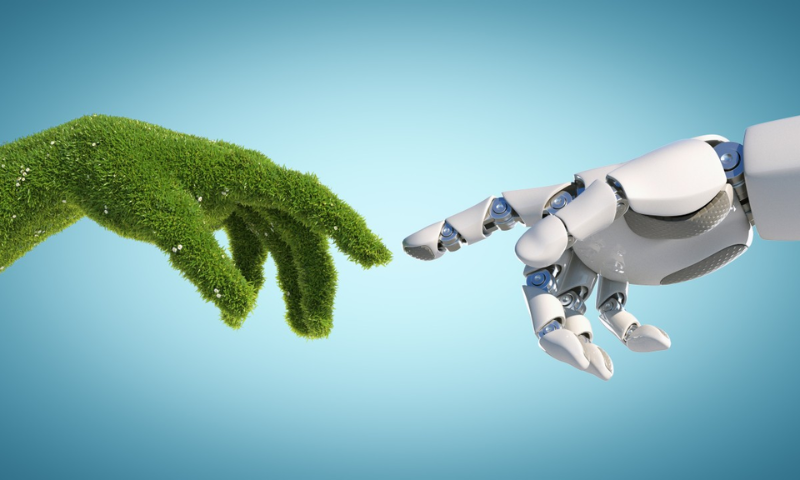GENEVA: The United Nations on Wednesday warned that the world is significantly off track in addressing the climate crisis, yet it expressed optimism that artificial intelligence (AI) and other advanced technologies could play a crucial role in combating this pressing issue.
The UN released a new comprehensive report, titled “United in Science,” coordinated by the UN’s World Meteorological Organization (WMO). The report warned that the goals set by the 2015 Paris Agreement—aiming to limit global temperature increases to below 1.5 degrees Celsius compared to pre-industrial levels—are increasingly out of reach.
According to WMO chief Celeste Saulo, the report highlights a concerning trend: greenhouse gas concentrations have reached unprecedented levels, leading to inevitable temperature rises that threaten the planet’s stability.
“The science is clear: We are far off track from achieving global climate goals,” Saulo stated. The report projects a two-thirds likelihood that global temperatures will rise by 3 degrees Celsius this century if current policies remain unchanged.
Saulo noted that 2023 is already the warmest year on record, following a trajectory that raises urgent concerns about the planet’s future.
“This is a red alert for the planet,” she declared, urging immediate action to avert catastrophic consequences. Despite this grim outlook, Saulo urged for hope, stressing the necessity of optimism for future generations.
READ ALSO: Beijing Sanctions 9 US Defence Companies in Response to Taiwan Sales
Released ahead of the upcoming UN Summit of the Future in New York, the report highlights the potential of advancements in both natural and social sciences, as well as technological innovations, to facilitate climate change adaptation and sustainable development.
Among the most promising developments mentioned in the report are AI and machine learning technologies, which could revolutionize weather forecasting and enhance society’s ability to respond to and adapt to climate challenges.
By processing vast amounts of data more efficiently, these technologies could enable more accurate weather modeling, making it faster, cheaper, and more accessible to predict extreme weather events.
The report also points to significant progress in space-based Earth observation technologies, which are providing new insights into weather, climate, water, and environmental patterns.
Satellite technology, for instance, has been instrumental in forecasting extreme weather in hard-to-reach areas and regions lacking ground-based observation infrastructure.
However, the WMO also cautioned that while new technologies hold immense promise, they can also have detrimental effects, particularly concerning energy consumption. Saulo urged countries to implement regulatory controls to ensure that these innovations benefit the global community and mitigate any negative impacts.























